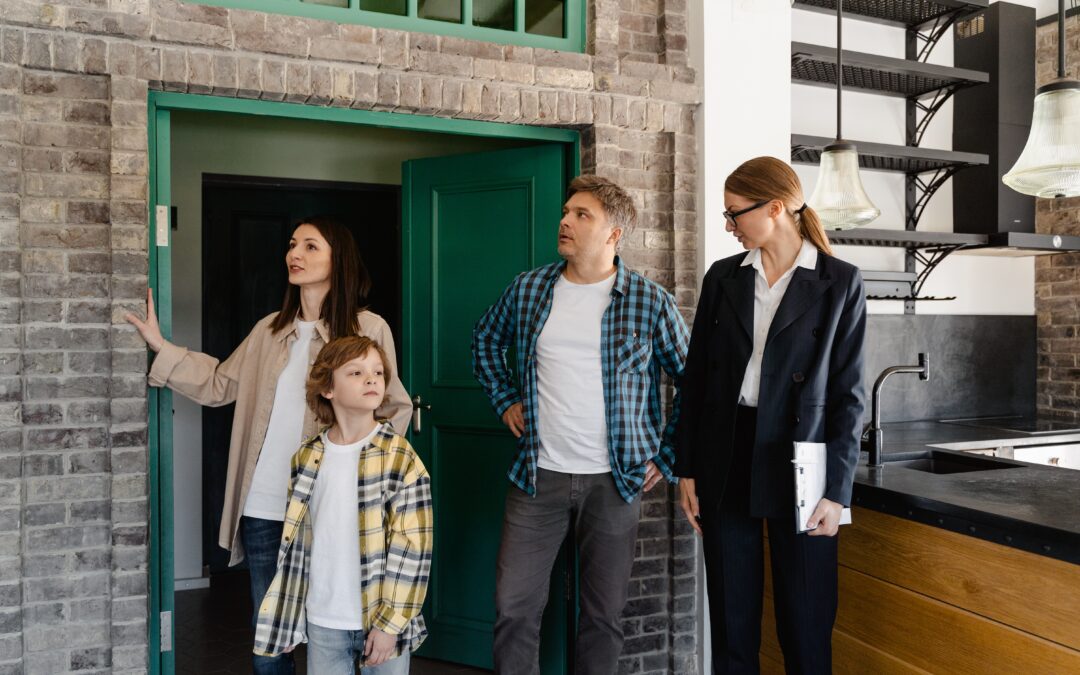When buying a new home, touring the property is a crucial step in the process. It allows you to get a firsthand look at the house’s features, condition, and overall suitability. However, touring a home requires more than just a casual walkthrough. To make the most out of your visit and ensure you gather the necessary information, it’s essential to approach the tour with a strategic mindset.
Do Your Homework
Before stepping on the property, thoroughly research the home and its neighborhood. Look for information on recent property sales, local amenities, schools, and potential development plans that may affect the property’s value. Familiarize yourself with the asking price and comparable properties in the market. This knowledge will empower you to ask informed questions during the tour and make better decisions.
Take Notes and Pictures
During the tour, it can be challenging to remember all the details of each property you visit. Take notes on your observations, including the home’s condition, necessary repairs or renovations, and standout features. Note any concerns or potential red flags that may require further investigation. Additionally, taking pictures can be helpful for future reference when comparing different properties. Ensure you obtain permission from the homeowner or real estate agent before photographing.
Assess the Exterior
Begin your tour by evaluating the exterior of the home. Pay attention to curb appeal, landscaping, roof, siding, and window condition. Look for any signs of damage, such as cracks, peeling paint, or loose shingles. Assess the size of the yard, the presence of any outdoor amenities, and the level of privacy the property offers. Evaluating the exterior will give you an initial impression of the home’s maintenance and potential future costs.
Focus on Key Areas
While exploring the entire house is essential, focusing on critical areas often influences buyers’ decisions. These areas include the kitchen, bathrooms, bedrooms, and living spaces. Evaluate the functionality, quality, and condition of the appliances, fixtures, flooring, and cabinetry. Check for any signs of water damage, leaks, or potential structural issues. Be mindful of the natural lighting and ventilation in each room.
Consider Future Needs
When touring a home, think beyond your current lifestyle and consider your future needs. Will the property accommodate your changing family size, potential home office requirements, or any specific hobbies or interests? Consider the layout, room sizes, storage options, and overall space flexibility. Anticipating your future needs will help you make a more sustainable and long-term investment.
Engage with the Real Estate Agent
Take advantage of the presence of the real estate agent during the tour. Ask questions about the property, such as its age, maintenance history, and any recent updates or repairs. Inquire about the seller’s motivation, the time the property has been on the market, and any offers received. Seek their professional opinion on the property’s value, market conditions, and negotiation strategies. Their expertise can provide valuable insights and guide your decision-making process.
Trust Your Instincts
While it’s essential to approach home tours analytically, don’t underestimate the power of your intuition. Pay attention to your overall feelings about the property. Can you envision yourself living there? Does it align with your lifestyle and preferences? Trusting your instincts can help you decide beyond the numbers and ensure your long-term satisfaction with your new home.

